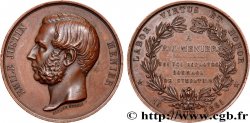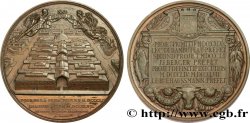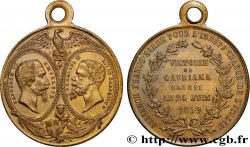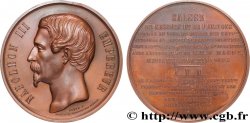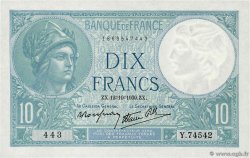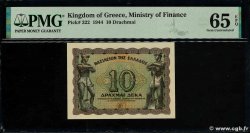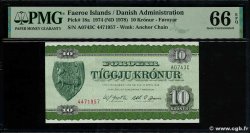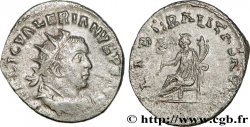Live auction - fme_479807 - SECOND EMPIRE Médaille, Exposition universelle, Services rendus
You must signin and be an approved bidder to bid, LOGIN TO BID. Accounts are subject to approval and the approval process takes place within 48 hours. Do not wait until the day a sale closes to register. Clicking on "BID" constitutes acceptance of the terms of use of cgb.fr private live auctions.
Bids must be placed in whole Euro amounts only. The sale will start closing at the time stated on the item description; any bids received at the site after the closing time will not be executed. Transmission times may vary and bids could be rejected if you wait until the last second. For further information check the Live auction FAQ
All winning bids are subject to a 18% buyer’s fee.
All winning bids are subject to a 18% buyer’s fee.
| Estimate : | 200 € |
| Price : | 100 € |
| Maximum bid : | 100 € |
| End of the sale : | 31 July 2018 18:12:59 |
| bidders : | 1 bidder |
Type : Médaille, Exposition universelle, Services rendus
Date: 1867
Mint name / Town : 75 - Paris
Metal : copper
Diameter : 50,5 mm
Orientation dies : 12 h.
Engraver PONSCARME François Joseph Hubert (1827-1903)
Weight : 62,3 g.
Edge : lisse + abeille CUIVRE
Puncheon : Abeille CUIVRE
Coments on the condition:
Aspect nettoyé. Présence de rayures
Catalogue references :
Obverse
Obverse legend : NAPOLÉON III - EMPEREUR.
Obverse description : Tête laurée de Napoléon III à gauche; signé : H. PONSCARME F..
Reverse
Reverse legend : EXPOSITION. UNIVERSELLE. DE. 1867. À. PARIS. COMMISSION. IMPÉRIALE - (POUR. SERVICES. RENDUS) // CHARLES. AUGUSTE. - NAPIE. 1867..
Reverse description : La Renommée volant au-dessus du globe terrestre, brandissant le plan d'ensemble du Palais, du parc et du jardin de l'Exposition Universelle, signé : H. PONSCARME F.
Commentary
Cet exemplaire présente quelques variétés non renseignés dans les ouvrages à notre disposition, comme la mention “POUR SERVICES RENDUS” ou le cerclage autour du motif du revers. On notera la présence de contremarques, la lettre N à 12 heures à l’avers, la lettre L en deux endroits sur la tranche
Les expositions universelles ont été créées pour présenter les réalisations industrielles des différentes nations. Elles représentaient la vitrine technologique et industrielle des participants, témoignant du progrès au cours de la révolution industrielle. La première exposition universelle s'est déroulée à Londres en 1851.
À l'origine, chaque pays disposait d'un espace réservé dans un pavillon central. À partir de 1867, des pavillons nationaux firent leur apparition. En principe, ils étaient attribués seulement s'il y avait des choses à présenter que le pavillon central ne pouvait accueillir. Ils ne tardèrent pas à se généraliser, les nations exposantes construisant des pavillons typiques de l'architecture de leurs pays.
La compétition était omniprésente dans les expositions universelles, et des concours permettaient aux plus méritants d'obtenir des médailles bénéficiant d'un certain prestige.
De nombreuses réalisations architecturales construites à l'occasion d'expositions universelles sont devenues par la suite des symboles des villes qui les ont abritées : la tour Eiffel à Paris, l'Atomium à Bruxelles, le Space Needle à Seattle, la Biosphère à Montréal.
Enfin, la tenue des expositions universelles a toujours été l'occasion de mettre en place des projets d'urbanisme : construction du métro de Paris en 1900 ou celui de Montréal en 1967, extension du métro de Lisbonne en 1998…
Voir http://fr.wikipedia.org/wiki/Exposition_universelle .
Les expositions universelles ont été créées pour présenter les réalisations industrielles des différentes nations. Elles représentaient la vitrine technologique et industrielle des participants, témoignant du progrès au cours de la révolution industrielle. La première exposition universelle s'est déroulée à Londres en 1851.
À l'origine, chaque pays disposait d'un espace réservé dans un pavillon central. À partir de 1867, des pavillons nationaux firent leur apparition. En principe, ils étaient attribués seulement s'il y avait des choses à présenter que le pavillon central ne pouvait accueillir. Ils ne tardèrent pas à se généraliser, les nations exposantes construisant des pavillons typiques de l'architecture de leurs pays.
La compétition était omniprésente dans les expositions universelles, et des concours permettaient aux plus méritants d'obtenir des médailles bénéficiant d'un certain prestige.
De nombreuses réalisations architecturales construites à l'occasion d'expositions universelles sont devenues par la suite des symboles des villes qui les ont abritées : la tour Eiffel à Paris, l'Atomium à Bruxelles, le Space Needle à Seattle, la Biosphère à Montréal.
Enfin, la tenue des expositions universelles a toujours été l'occasion de mettre en place des projets d'urbanisme : construction du métro de Paris en 1900 ou celui de Montréal en 1967, extension du métro de Lisbonne en 1998…
Voir http://fr.wikipedia.org/wiki/Exposition_universelle .







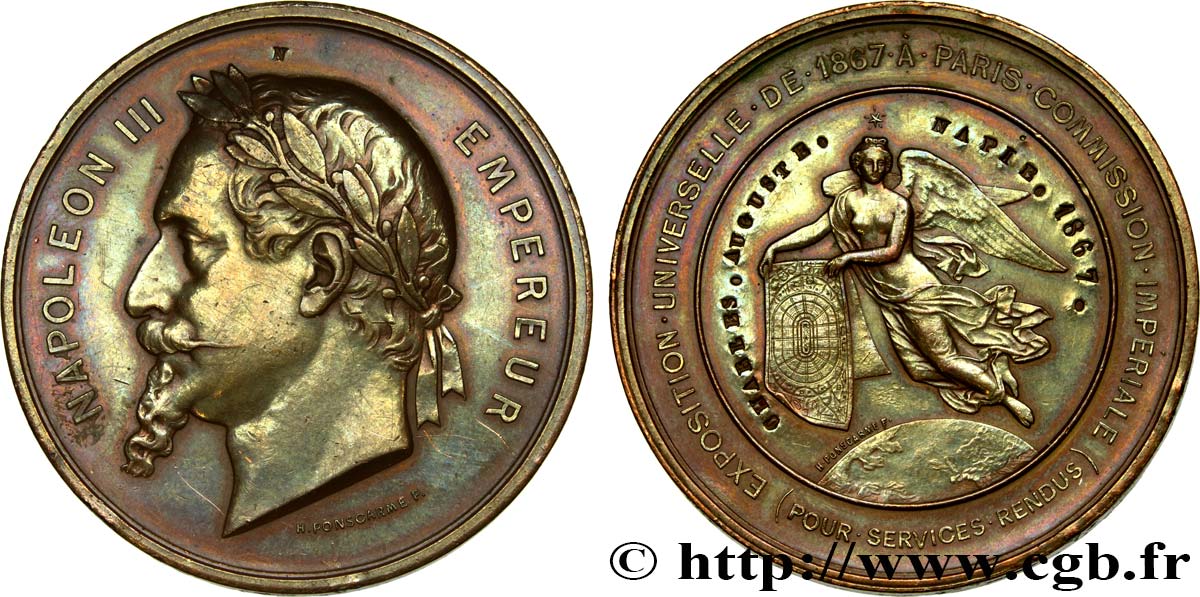
 Report a mistake
Report a mistake Print the page
Print the page Share my selection
Share my selection Ask a question
Ask a question Consign / sell
Consign / sell
 Full data
Full data